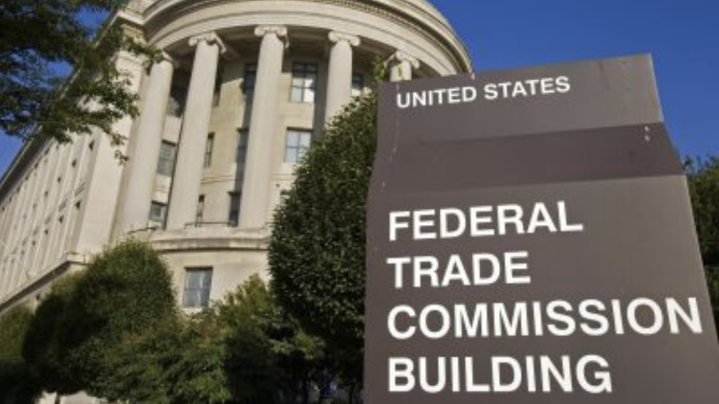
What the FTC’s Microsoft-Activision loss might mean for future mergers
What the FTC’s Microsoft-Activision loss might mean for future mergers

Microsoft, which makes a video game console, won a court’s okay this week to move forward with its $69 billion dollar purchase of Activision, which makes video games. This is called a vertical merger because the two companies provide different services, but within the same industry.
This ruling marks a defeat for the Federal Trade Commission, led by Lina Khan, which has brought a number of antitrust challenges to these kinds of vertical mergers.
Rutgers law professor Michael Carrier compares the FTC’s antitrust fights to playing a vintage video game, Asteroids.
“We have all these asteroids in the shape of big tech that are coming in, and the question is whether or not they have the appropriate artillery,” he said.
There are legal challenges to big vertical mergers, said Carrier.
“(They) are tougher to win on because they could have pro-competitive effects,” he said. “There could be efficiencies for consumers. “
However, the increased scrutiny that comes with the FTC’s lawsuits may act as a deterrent against anti-competitive behavior.
“The FTC’s sort of aggressive stance against mergers has certainly made companies think twice about merging,” said Mark Lemley, a law professor at Stanford, who’s represented both Microsoft and Activision on unrelated matters.
But, he said, if the FTC doesn’t win these legal challenges, its artillery is less effective.
There’s a lot happening in the world. Through it all, Marketplace is here for you.
You rely on Marketplace to break down the world’s events and tell you how it affects you in a fact-based, approachable way. We rely on your financial support to keep making that possible.
Your donation today powers the independent journalism that you rely on. For just $5/month, you can help sustain Marketplace so we can keep reporting on the things that matter to you.











